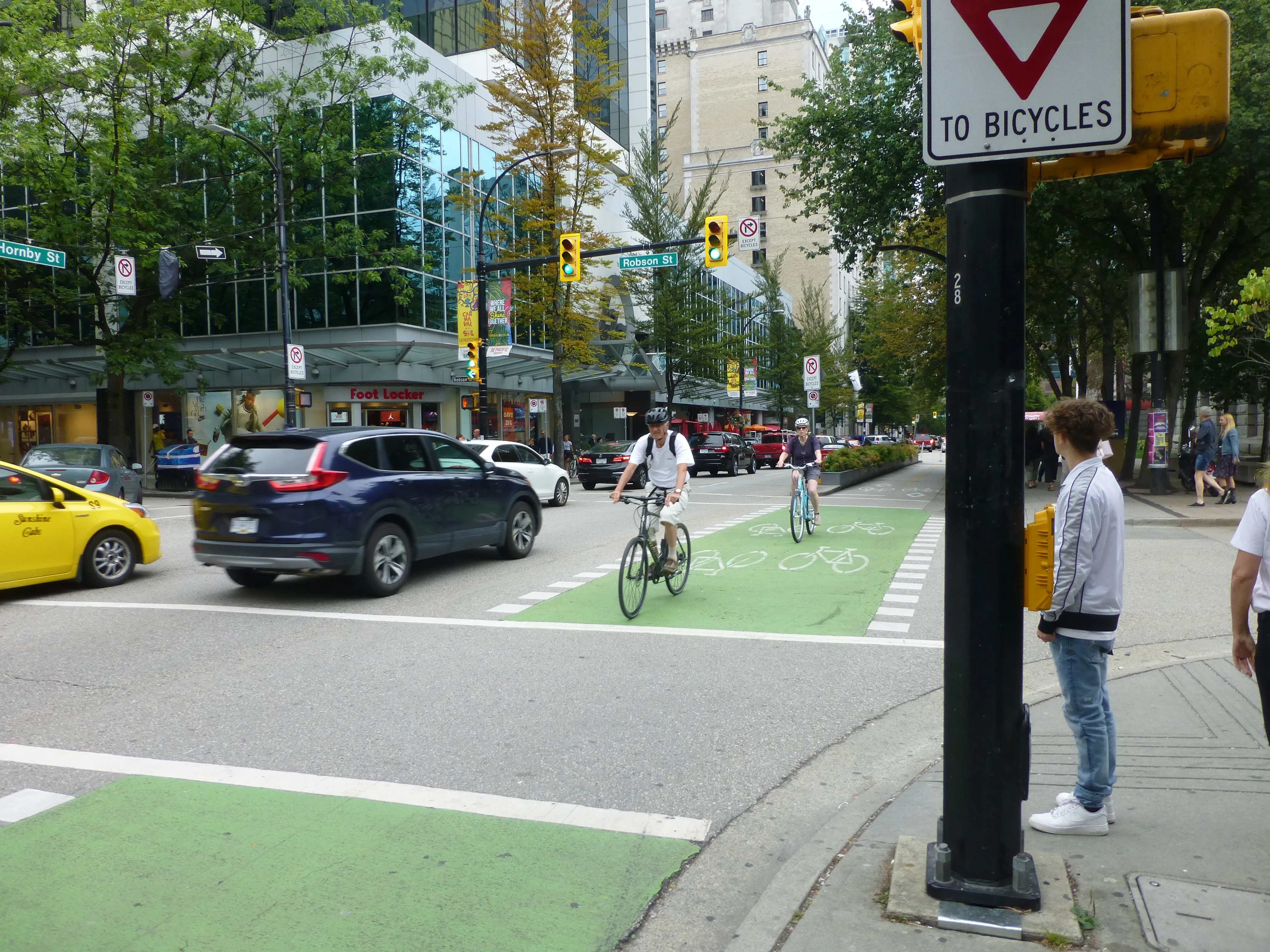
Vancouver plans to install 50 km of “slow streets” for walking, cycling and for business and restaurant patios as part of a Covid-19 recovery plan.
The western Canadian city said that the plans are to help residents and businesses adapt to the new reality of living and operating through a pandemic.
Already 12km has been set aside, according to media reports.
“We will work closely with businesses and community partners to address needs for space while also ensuring our streets and public spaces remain safe and accessible,” said Lon LaClaire, general manager of the city’s engineering services.
Guidelines for what it calls the “repurposing” of parts of streets will be drawn up this month.
Roads and areas for repurposing include parking spaces and vehicle travel lanes on arterial streets.
Some residential streets will become “slow streets” by allowing local traffic only in order to create space for foot and bicycle traffic, according to the city.
Pavements for queuing at businesses will be extended into kerb lanes to provide space for people to line up and also give pedestrians room to safely pass by.
Short-term loading and pick-up zones will be created near businesses with high turnover of products.








